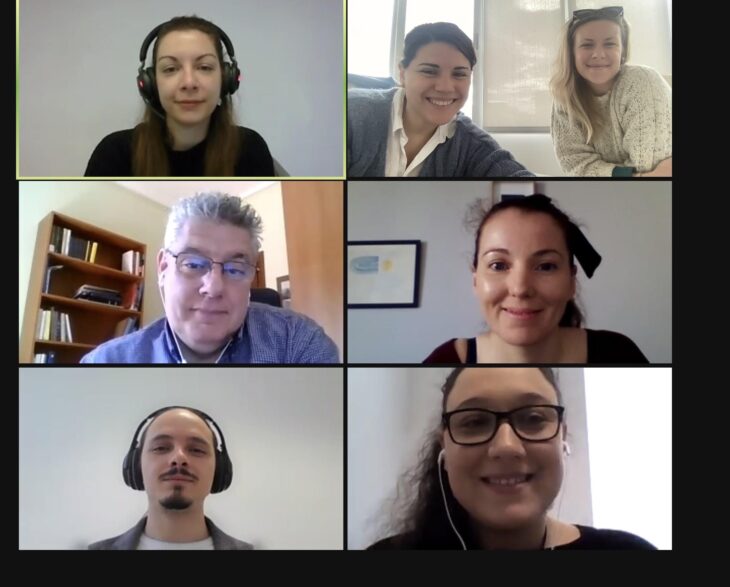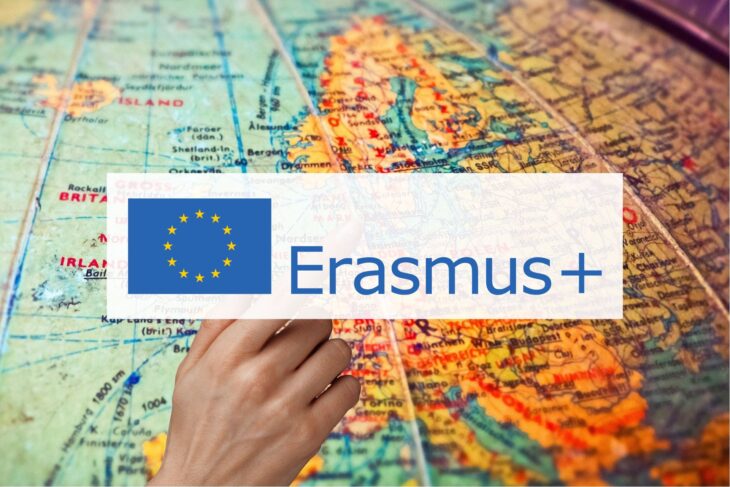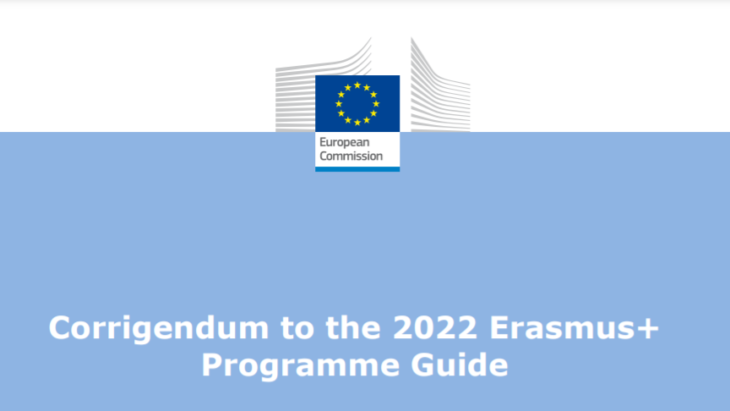The European Commission has launched a new Erasmus call 2021-2027, inviting all private and public bodies active in the field of education, training, youth and sport to present their proposals for 2021.
Although in its main structure the programme remains quite similar to the previous one, divided in 3 key actions, of which each one with different measures in the field of education, training, youth and sport, there is lots of news in this new programme:
- First of all, the budget destinated to the programme brings €26,2 billion instead of €14,7 billion for 2014-2020 call, and this will be complemented by about €2,2 billion by the EU external instruments (almost double in comparison with the last programme). The 70% of the budget is destinated to international mobility projects for learning whereas the 30% for transnational cooperation projects.
- Regarding the opportunities, the new Erasmus+ programme offers study periods abroad, internships, apprenticeship and staff exchanges in all areas of education, training, youth and sport. It is open to students of schools, college vocational and professional institutions for adult and young people who want to take part to the programme, young entertainers and sport trainers.
- It is relevant that Erasmus+ 2021-2027 is aiming to be more inclusive and to support green and digital transitions, by investing in projects that are more environmentally friendly and projects that develop high quality digital skills, through eTwinning, School Education Gateway platform and the European Youth Portal. The first priority will be the digital innovation with a huge investment in social inclusion and a mobility that has less environmental impact.
- The European programme for learning DiscoverEU becomes part of Erasmus+, and offers to European 18-years-old people the chance to get a train ticket, in order to discover breathtaking landscapes in Europe, its variety of small and big cities and to appreciate its culture and history by getting to know people from all over the continent.
Since 1987 the Erasmus programme has been giving the chance to study, work and train to 10 million students, by growing and becoming true European citizens, therefore it is playing a key role in the European Union’s political agenda.
“Never before, this programme is bond to European Union’s political priorities”- stated Sara Pagliai, Erasmus+ agency Indire coordinator- its priorities are identical to those in recovery and resilience Next generation EU package”.



















